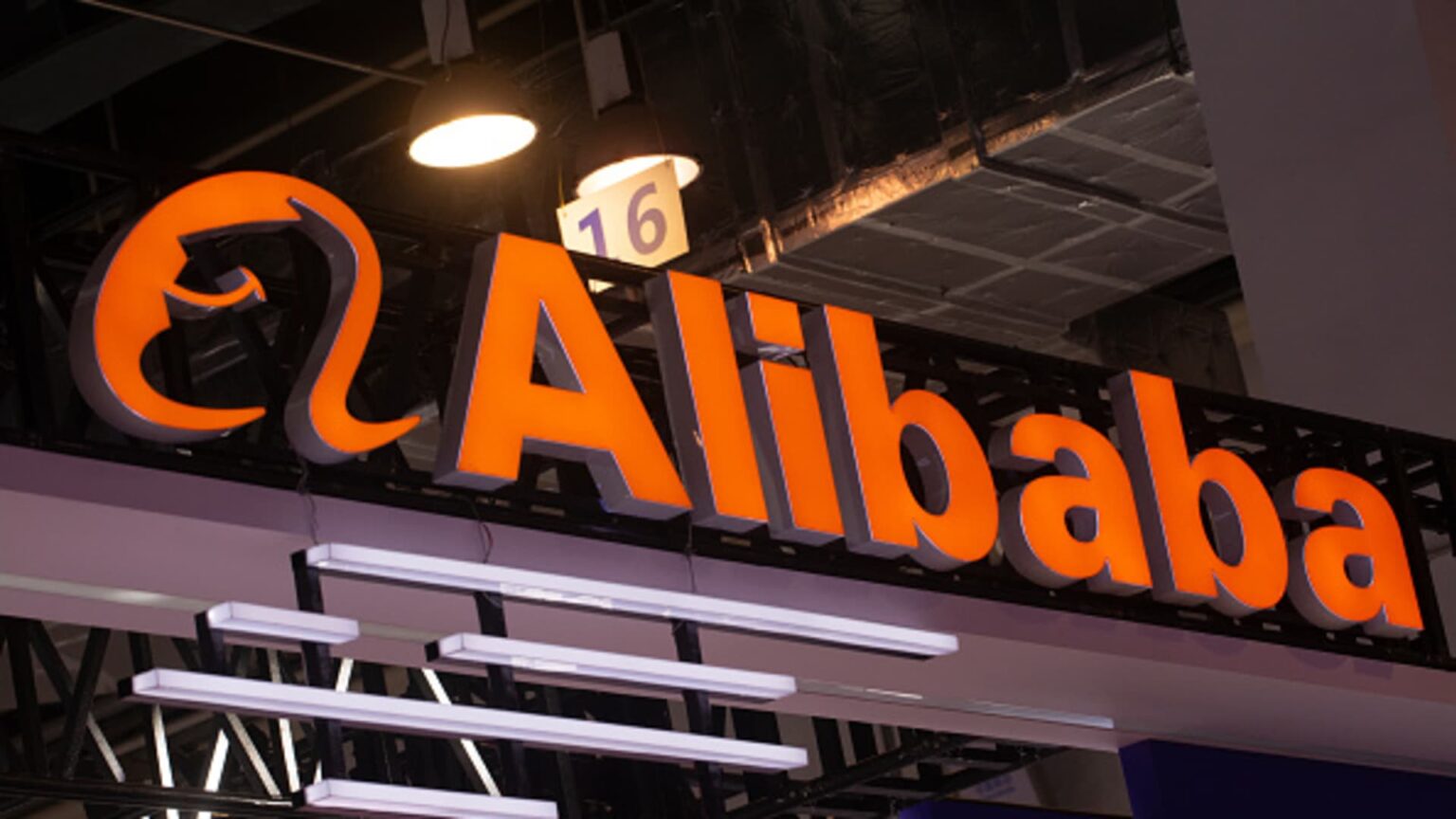Key Points
- Alibaba plans to use “tokenization” of payments for cross-border transactions in its business-to-business arm.
- Kuo Zhang, president of Alibaba.com told CNBC the company would work with JPMorgan, which has its own tokenization technology.
- The cross-border e-commerce unit also launched new AI features to help connect suppliers and buyers on its global platform.
Alibaba ‘s cross-border e-commerce unit on Friday announced a new artificial intelligence subscription service aimed at boosting the division’s revenue. Kuo Zhang, president of Alibaba.com, told CNBC the division is also looking to use stablecoin-like technology to facilitate global payments, in a move that underscores how major tech and banking players are adopting so-called “tokenisation” technology. This could include partnerships with its banking partners like JPMorgan, Zhang added. Alibaba has emerged as one of China’s leading AI players with its Qwen models , which are being used across its businesses, including at Alibaba.com, its business-to-business arm. Alibaba.com, which brought in more than $3 billion of revenue in Alibaba’s last fiscal year, allows businesses to source suppliers and products from around the world and purchase goods. On Friday, Alibaba.com launched “AI Mode,” a more advanced version of search. AI mode allows users to do deeper searches that could compare suppliers across different metrics like pricing, logistics and production capabilities. There has been a huge shift toward using AI-powered search engines, Zhang said. The aim of all of this is to boost global trade and efficiency on Alibaba’s platform. “We feel the urgency that we need to use AI to redesign how people do global trade,” Zhang told CNBC. “We think it’s going to be a paradigm shift for e-commerce for B2B.” Alibaba’s B2B business is among its fastest-growing but still is smaller than its Chinese domestic e-commerce arm and cloud computing division. Alibaba.com generates sales from marketing and other cross-border related services. But with AI Mode, the company is hoping to open a new revenue stream with subscriptions. Zhang said that Alibaba is considering charging $20 per month or $99 per year for the service, though the pricing is not finalized. When Alibaba was founded in 1999 by Jack Ma and his co-founders, the company was focused on cross-border B2B sales. Since then, the firm has expanded to become one of China’s biggest consumer e-commerce players and a cloud computing giant. Its business spans everything from food delivery to logistics. Initially, the aim was to connect Chinese sellers to buyers around the world. But Alibaba.com has expanded its supplier base. The company said on Friday that the number of active suppliers worldwide has grown by 50% in the March to October period versus the same time last year. “There are a lot of good products worldwide that can contribute on the global supply chain as well, and we are investing heavily on that part,” Zhang said. Tokenized payments Zhang told CNBC Alibaba.com is also planning to launch a feature called “agentic pay” in December. The company’s AI will be able to automatically create contracts between a buyer and supplier, documents that until now were drafted offline and then uploaded to Alibaba.com. Instead, the AI can take the conversations happening over messaging between the two parties and turn it into a contract. Both sides will then confirm that the contract is in order. The B2B business is global and often involves multiple currencies with buyers in one country paying suppliers in another. This can be costly as well as slow with payments sometimes taking several days to settle and requiring various intermediaries. To address this, Zhang said Alibaba is turning to “tokenization,” a term that broadly denotes a digital representation of money. Tokenized deposits are backed by fiat currency on a bank’s balance sheet. They’re different to stablcoins, which are a type of digital currency pegged to a fiat currency like the U.S. dollar, but often issued by non-bank companies. Stablecoins are backed by various assets such as bonds or fiat. Zhang said Alibaba.com is looking to use tokenzied versions of the euro and U.S. dollar. This could have the ability for payments to skip several intermediaries meaning money can be moved faster across the world. “So when the U.S. buyers or euro buyers pay certain amount of euros, it doesn’t need to go around different banks around the world, but it actually is using tokenization and blockchain,” Zhang said, meaning the money can be transfered “simultaneously” to Hong Kong or Singapore and back to China. Zhang told CNBC that Alibaba.com would work with JPMorgan, which has its own tokenization technology. JPMorgan this year launched JPMD this year, a token designed for cross-border B2B payments. On the topic of stablecoins, Zhang said that Alibaba will “evaluate” their potential use after using tokenized money transfers.
https://www.cnbc.com/2025/11/14/alibaba-plans-ai-subscriptions-stablecoin-like-payments-with-jpmorgan.html


